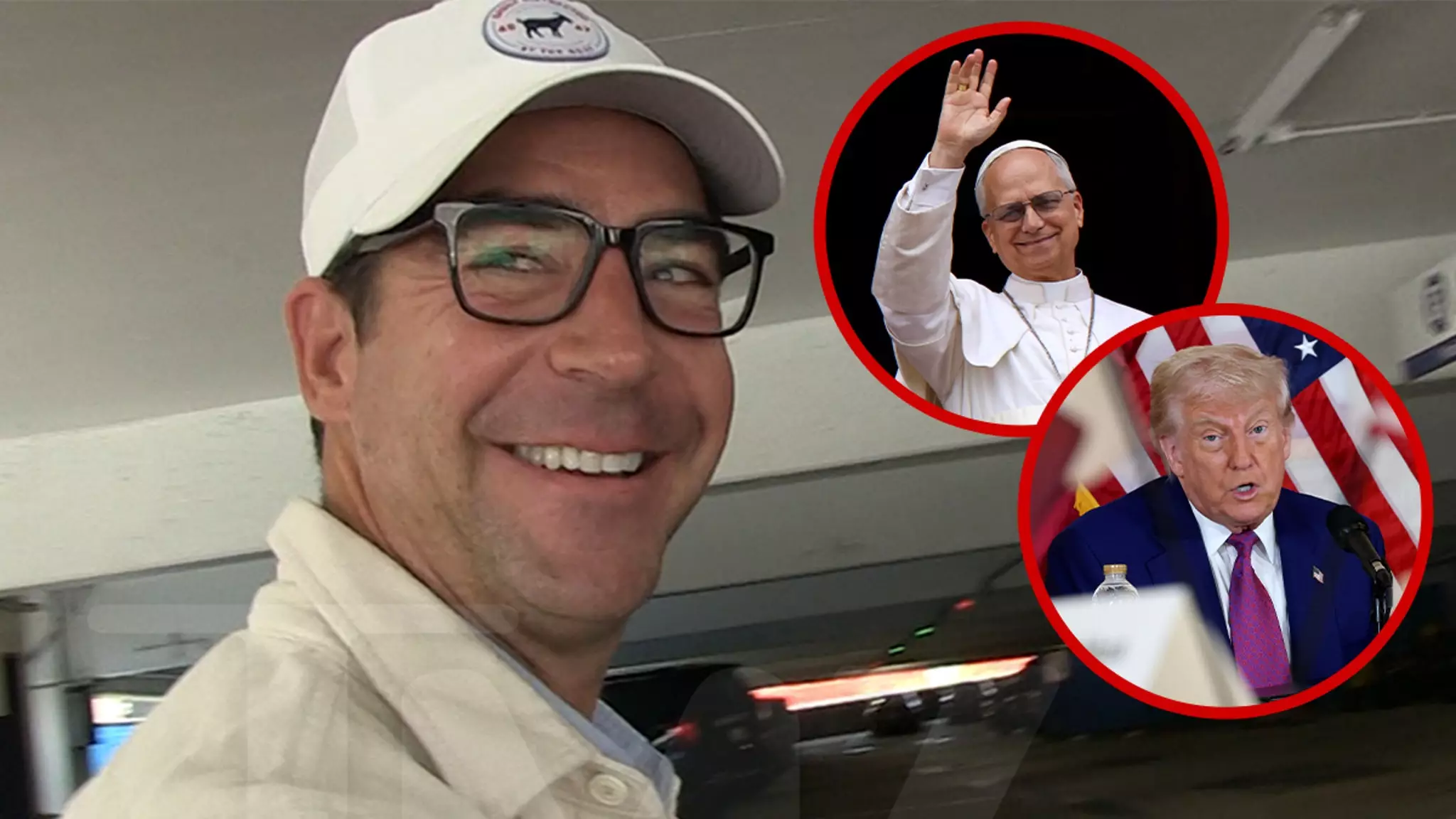In a climate increasingly characterized by polarization, the role of religious authorities in political discourse cannot be understated. Recently, commentator Jesse Watters expressed his apathy towards Pope Leo XIV’s liberal stance, arguing that such views are unlikely to reshape the conservative agenda in the United States. This perspective opens up a broader conversation about how ecclesiastical opinions intersect with American political dynamics, and whether any real power resides within the papal office when it comes to influencing domestic affairs.
Watters asserts that American politics operates within its own ecosystem, largely insulated from external influences — even ones as significant as the papacy. This claim raises pertinent questions: Is the American political machine truly impervious to perspectives coming from the Vatican, or has it simply evolved to operate with a noticeable disregard for such viewpoints? Although Watters may contend that the Pope’s liberal ideology won’t change much in America, the implications of such rhetorical stances deserve deeper exploration.
Evangelical Power vs. Papal Authority
The influential Evangelical community often sets the tone for conservative policies in the U.S., leading to a complicated relationship with the Catholic Church. This scenario creates a unique juxtaposition between the Vatican’s progressive intentions and the more hardline positions favored by many American conservatives. Watters’ claim that “America does our thing” suggests a firm belief in the sovereignty of the American political landscape, which, in reality, is heavily influenced by grassroots movements and their religious affiliations.
While one could argue that the Pope’s progressive views may not alter conservative political stances outright, these positions can indirectly impact public discourse. Around the globe, religious figures can serve as catalysts for change, prompting shifts in public opinion or altering the motivations of politicians to align with a more compassionate agenda. Watters’ dismissive attitude, therefore, risks underestimating the subtle yet significant ways the Church can inform ethical discussions even in secular spaces.
The Vatican’s Diplomatic Influence
Moreover, there’s an additional layer of nuance in the relational dynamics with Pope Leo XIV. By merely existing as an alternative ideological force, the Pope can inadvertently pressure U.S. leaders to justify their political maneuvers, especially in contentious issues like immigration and social justice. The conservative echo chambers could insulate politicians from more empathetic perspectives, yet ignoring the moral arguments posed by the Church won’t make those discussions vanish.
In the case of Trump, who once aligned closer with religious groups, Watters suggests Trump’s invitation to Pope Leo XIV is unlikely to bear fruit. The essence of this dynamic lies in the reciprocal nature of diplomacy; it highlights that invitations may come with an expectation of mutual respect that is starkly absent in the current political climate. The Pope, regardless of his actual terrestrial power, becomes a symbolic figure representing moral authority, and his attendance—should it occur—could indeed be a pivotal moment for dialogues surrounding faith and civic responsibility.
While Jesse Watters may confidently assert that the papacy has little sway over American politics, this perspective overlooks the complex interplay of religion and governance. It raises the critical question of whether the moral authority held by religious leaders might still echo within the halls of political power, influencing minds and policies in less tangible yet meaningful ways. Acknowledging these dynamics could provoke robust discussions that transcend the traditionally defined boundaries of influence and authority, challenging both pundits and politicians to reconsider the depth of their engagement in a world inherently interconnected by faith and politics.

